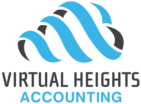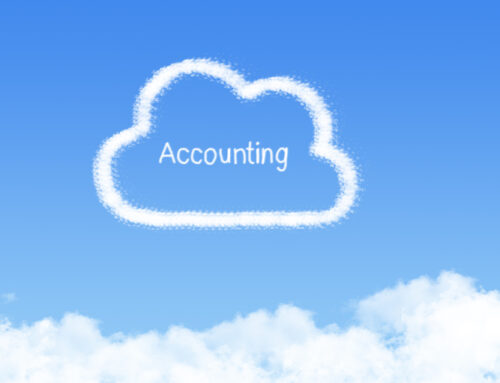It’s important to consider the risk of a Personal Services Business (PSB). If the Canada Revenue Agency (CRA) declares your corporation a PSB, you could lose most of your tax deductions. Worse, you may be on the hook for a large tax bill to make up for tax deductions claimed in previous years.
What is a Personal Services Business?
The CRA considers a business to be a PSB when it exists to provide services to another entity (person, partnership, corporation, etc.) that an officer or employee of that entity would normally perform—essentially an incorporated employee.
To ensure your company stays on side, you need to pay attention to the four criteria CRA uses to determine whether a person is an employee or an independent contractor. These are the same rules used to decide if a corporation is a Personal Service Business.
The criteria are:
- Control over the work performed. Do you make your own schedule and accept or turn down work freely?
- Ownership of the tools and equipment needed to perform the work. Who provides a computer or other tools?
- Acceptance of risk. Do you have a chance of profit or risk of loss?
- Your integration into the client’s business. Are you an integral part of their business?
By applying the criteria above, CRA is trying to determine if you are an employee of the entity your corporation is working for, rather than an independent contractor.
Put another way, you are a PSB if you:
- Must follow the schedule given to you, and you are not free to accept and reject work as you please.
- Don’t own the tools required to do the job.
- Accept no risk of loss and have no ability to earn a higher profit.
- Are an integral part of the entity you are supplying the service to.
Please consider the above factors in avoiding classification as a PSB. Having more clients that you are involved with will also decrease this risk. This proves you are providing service to multiple clients, and thus, not integral to any one specifically.
What are the Consequences of Being Deemed a Personal Services Business?
If CRA determines that your business is a PSB:
- You cannot claim the Small Business Deduction (as your business income is not considered active by the CRA) this means income from a PSB will be taxed at significantly higher levels than regular corporate income. Companies eligible for the small business deduction pay tax at approximately 11.5% in 2019. A PSB pays tax at the rate of 44.5%.
- Personal Service Businesses are also restricted for tax deductions. Wages paid through payroll are still eligible deductions, and so are a few very specific eligible deductions like legal fees incurred to collect income. Most deductions are not eligible.
How Can You Maintain Your Corporations Small Business Status?
In addition to considering the factors mentioned above, we recommend paying a wage in lieu of dividends. This protects you in the event that CRA disagrees with your current tax position and reassesses you as a PSB. The wages will still be deductible. We cannot go back and do this for fiscal 2019, however we can set you up on a payroll strategy for fiscal 2020.
If you feel you do not have the proper facts in place to argue your position against a PSB ruling, then you should reconsider using your corporation for contract work. The maintenance of a corporation is always a greater cost than being paid as an unincorporated individual. As an individual the risk then falls to your client on the employee vs. contractor position.
Carefully choosing the wording of your contracts, can help maintain your corporation’s small business standing as well. The CRA not only uses the contract to assess the situation but also considers the fact pattern of the actual operations/contract position as well.
If you have any questions, please reach out. This is one of those areas of tax where you don’t want to get caught off side.





